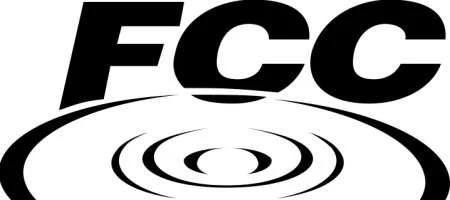An official study conducted by the Federal Communications Commission (FCC) has found that at least 93 million Americans lack a high-speed Internet connection.
According to FCC Chairman Julius Genachowski, affordability and lack of critical digital skills are the “main reasons” why one-third of the country still does not have broadband Internet at home.

“We need to tackle the challenge of connecting 93 million Americans to our broadband future,” acknowledged Genachowski.
“In the 21st century, a digital divide is an opportunity divide. To bolster American competitiveness abroad and create the jobs of the future here at home, we need to make sure that all Americans have the skills and means to fully participate in the digital economy.”
Genachowski explained that the FCC is poised to deliver a National Broadband Plan to Congress on March 17, which is expected to “detail a strategy” for connecting the country to affordable, world-class broadband.
“This will be a strategy for US global leadership in high-speed Internet to create jobs and spur economic growth; to unleash new waves of innovation and investment; and to improve education, health care, energy efficiency, public safety, and the vibrancy of our democracy.”
But John Horrigan, Director of Consumer Research for the Omnibus Broadband Initiative, warned that the gap in broadband adoption was a complex “problem” with various dimensions that required multiple solutions.
“Lowering costs of service or hardware, helping people develop online skills and informing them about applications relevant to their lives are all key to sustainable adoption,” added Horrigan.






